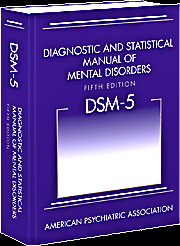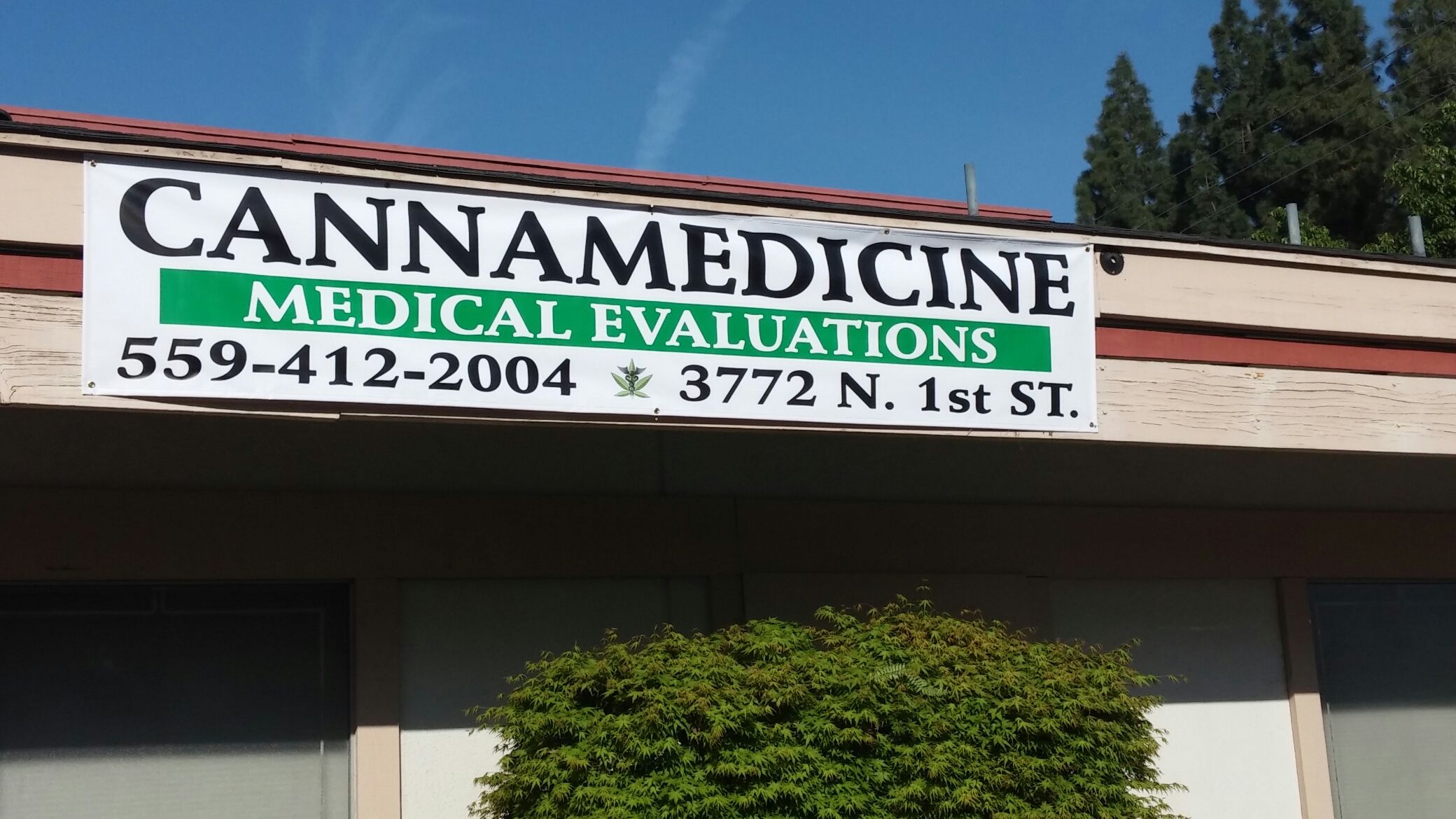From Joe D. Goldstrich, MD July 7 2016 I reread the JAMA article this morning with my yellow highlighter in hand …
I thought paragraph two was passive aggressive, misleading, and contradictory. They say that there is little evidence for the efficacy of marijuana in treating certain medical conditions. Well of course there is little evidence for any medicine treating certain medical conditions. But then at the end of the paragraph they cite Reference 3 by Hill, which clearly states in its Findings that the “use of marijuana for chronic pain, neuropathic pain, and spasticity due to multiple sclerosis is supported by high-quality evidence…. Several of these studies had positive results, suggesting that marijuana or cannabinoids may be efficacious for these indications”.
Paragraph six states that they reviewed more than 40 peer-reviewed articles from the medical literature. I think our rebuttal might include a few specific positive articles such as these:
• http://www.cancer.gov/about-cancer/treatment/cam/hp/cannabis-pdq#section/_9
• many studies are mentioned with positive results by the National Cancer Institute
• http://www.ncbi.nlm.nih.gov/pubmed/27022310
• CBD to a greater extent and THC to a lesser extent kill neuroblastoma cells
Paragraph six also states they received input from state medical board members and staff, including physicians and public members, ….. American Society of Addiction Medicine. And of course they should have sought input from the SCC.
They did get something right. On page 2 of the article paragraph titled Qualifying Conditions they say that ”recommending marijuana for certain medical conditions is at the professional discretion of the physician.”
The last paragraph before the conclusions deals with physician use of marijuana, both for medical or recreational purposes while actively engaged in the practice of medicine. This is obviously prejudicial in that no such regulation exists for the use of benzodiazepines, opioid prescriptions, recreational alcohol, etc. It should obviously read that the physician will exercise professional standards and not practice medicine while under the influence of any agent that might compromise his/her ability to make competent decisions while actively engaged in the practice of medicine.
Joe D. Goldstrich, MD
PS There is also a problem with limited financial interest in the creator of the medicine (dispensary/cultivation center). Prescribing a drug made by Pfizer and owning stock in Pfizer is permissable.





